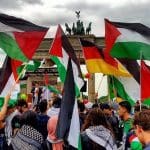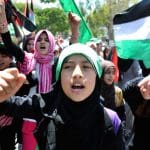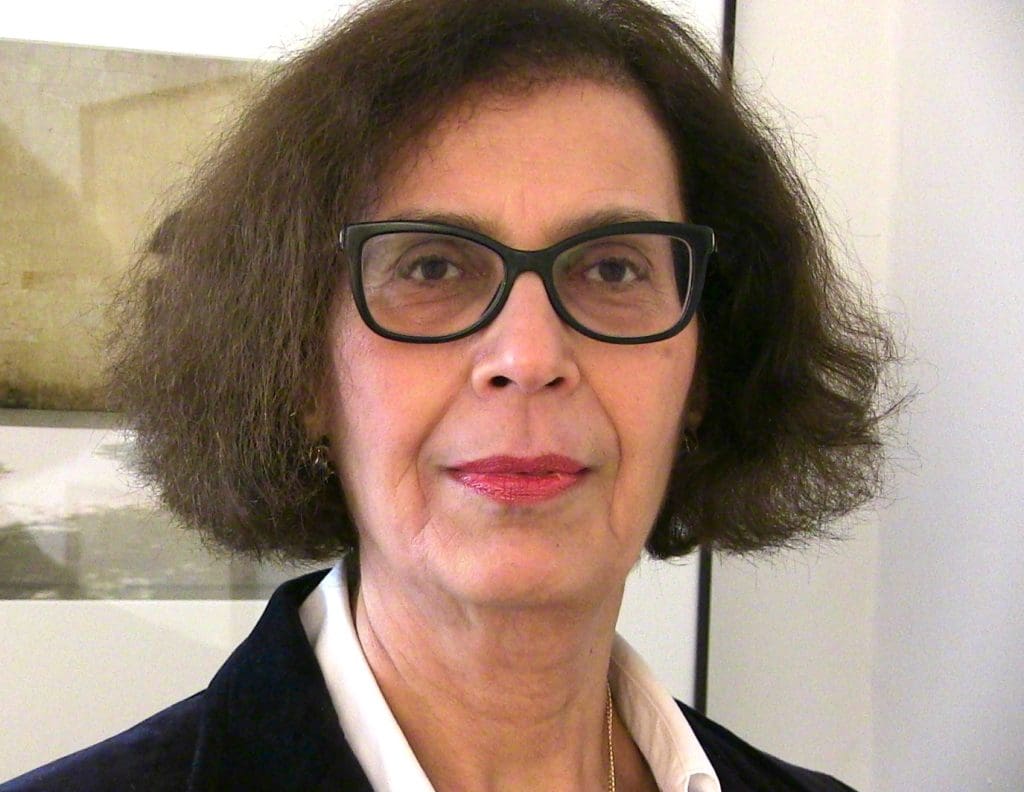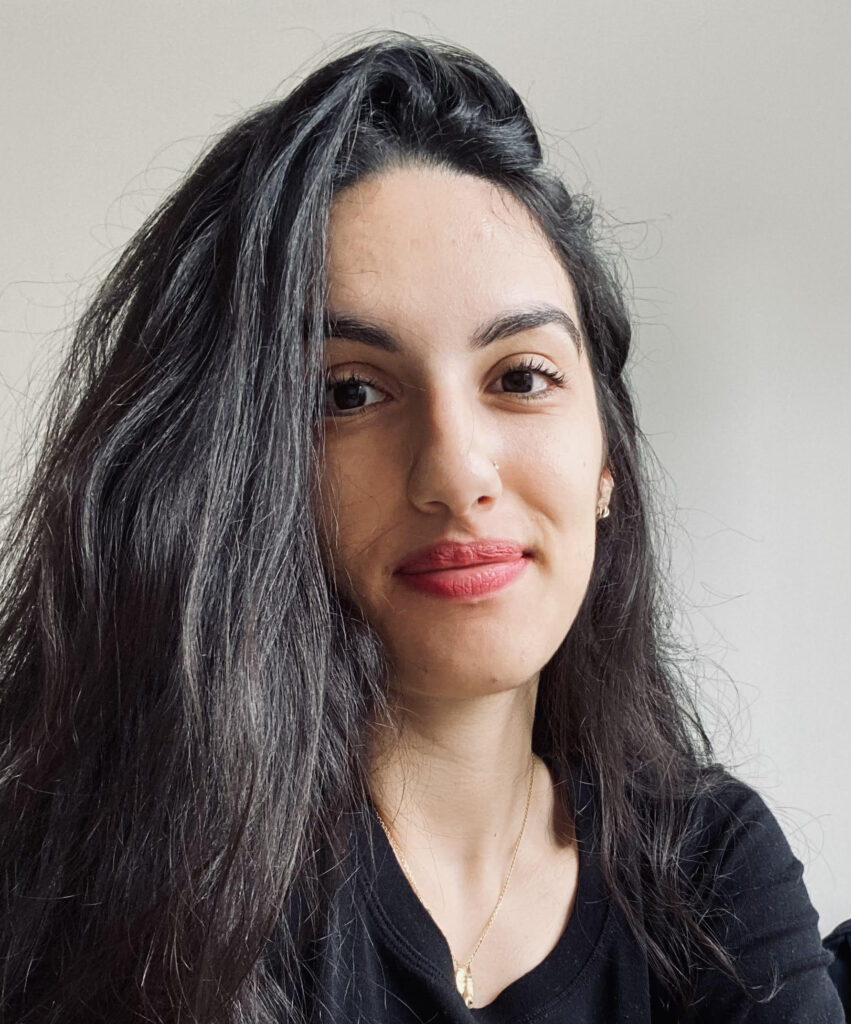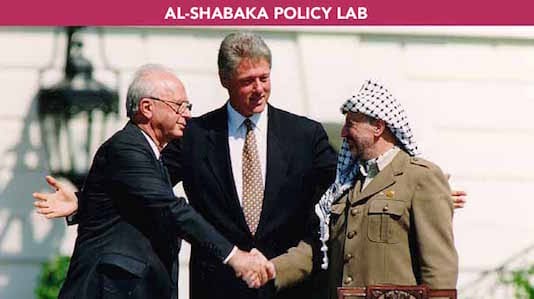
September 2018 marks the 25th anniversary of the Oslo Accords. Looking back, how did the agreement impact the Palestinian national project and cohesion as a people? What does a post-Oslo Palestine look like?
Al-Shabaka analysts Sam Bahour and Amal Ahmad delve into these questions and more in this month’s Palestine Policy Lab, facilitated by Nadia Hijab.
Sam Bahour resides in Al-Bireh/Ramallah, Palestine. He does business consulting as Applied Information Management (AIM), specializing in business development with a niche focus on the information technology sector and start-ups. Bahour was instrumental in the establishment of two publicly traded firms: the Palestine Telecommunications Company (PALTEL) and the Arab Palestinian Shopping Centers (APSC). He is Co-founder & Emeritus Member of Americans for a Vibrant Palestinian Economy (A4VPE). He currently is an independent Director at the Arab Islamic Bank PLC and a board member at Just Vision. He writes frequently on Palestinian affairs and has been widely published in leading outlets. He is co-editor of HOMELAND: Oral History of Palestine and Palestinians (Olive Branch Press, 1993), tweets at @SamBahour, and blogs at epalestine.ps.
Nadia Hijab is co-founder and honorary president of Al-Shabaka: The Palestinian Policy Network. She served as Board President from 2010-2021 and as Executive Director between 2011 and March 2018. A writer, public speaker and media commentator, Hijab’s first book, Womanpower: The Arab Debate on Women at Work was published by Cambridge University Press and she co-authored Citizens Apart: A Portrait of Palestinians in Israel (I. B. Tauris). She was Editor-in-Chief of the London-based Middle East Magazine before serving at the United Nations in New York. She is a co-founder and former co-chair of the US Campaign for Palestinian Rights and now serves on its advisory board. She continues to serve Al-Shabaka in an advisory capacity and support its mission.












